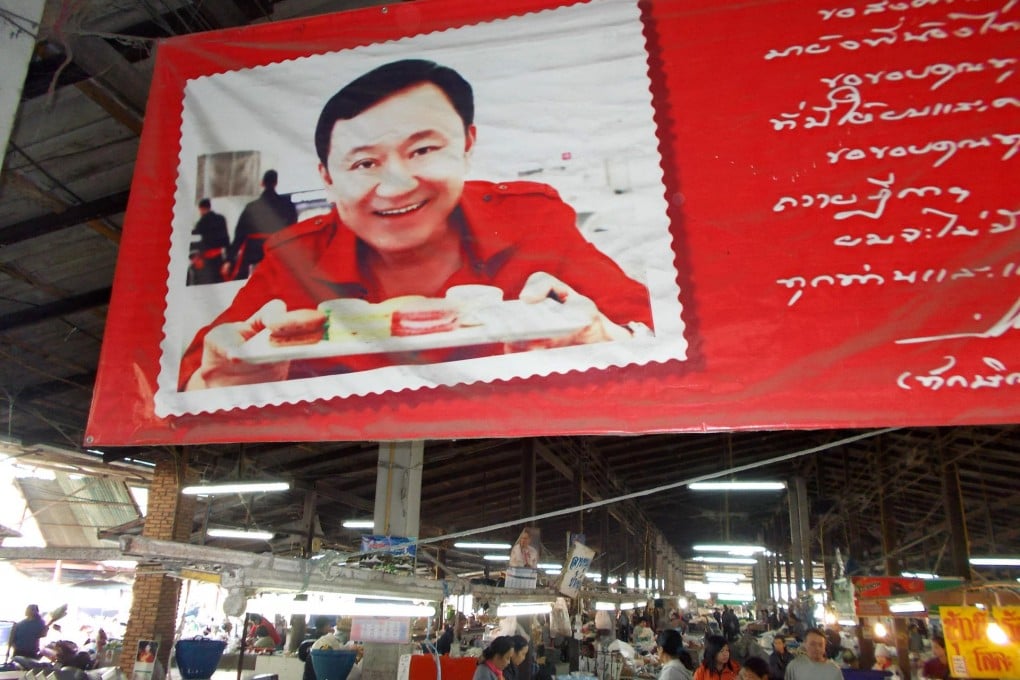Red-shirts 'ready to resist' Thai army coup, set up capital in Chiang Mai
Supporters of Prime Minister Yingluck Shinawatra say she may set up her government in Chiang Mai if the army takes power in Bangkok

The embattled Thai government's hardline "red-shirt" supporters in the country's north say they are ready to resist any attempt by the military to stage a coup.
Some supporters say they also expect popularly elected Prime Minister Yingluck Shinawatra to retreat to Chiang Mai and set up government there if the army tries to take power in Bangkok amid ongoing anti-government demonstrations.
While some experts consider the government relocating an unlikely prospect, supporters like red-shirt activist Mahawang Kawang say their movement is large enough to challenge the military.
"We have no fear. All red groups will unite. We are willing to sacrifice our lives," said Kawang, who is president of the alumni association of Yupparaj school in Chiang Mai where Yingluck was once a student.
"It is likely the government will move to Chiang Mai. We can defeat tanks because we have the numbers," Kawang added.
Yingluck and her ruling Puea Thai party won the last election in 2011 in a landslide, thanks largely to support in the country's north, a stronghold for her brother, former premier Thaksin Shinawatra. Another election has been called for Sunday, but "yellow-shirt" protesters opposed to Yingluck and her tycoon brother have vowed to disrupt it and overthrow the government.